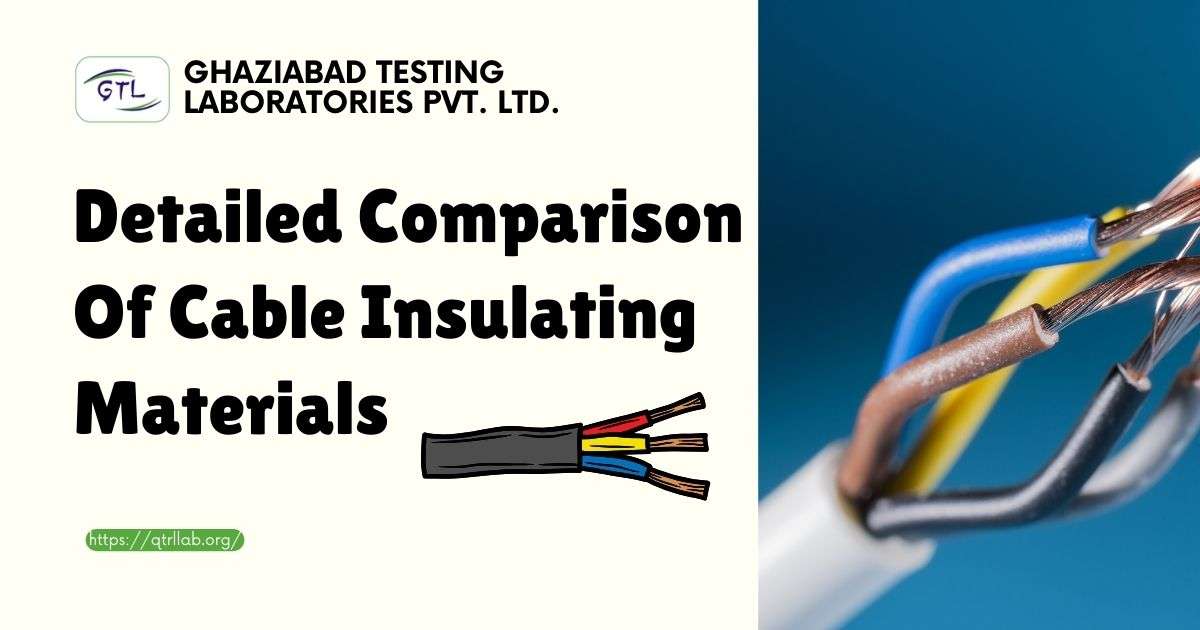Quality control testing is an essential process in the manufacturing industry, especially when it comes to electrical goods. With the increasing demand for electrical products, there has been a surge in the production of these goods. However, this also brings serious concerns towards unqualified products entering the market.
What is Quality Control Testing?
Quality control testing is a systematic process that ensures the manufactured products meet the required standards and specifications. In the case of electrical goods, this testing is crucial to ensure their safety, reliability, and performance. It involves a series of tests and inspections conducted at different stages of the manufacturing process.
The Importance of Quality Control Testing for Electrical Goods
1. Safety:
Electrical goods have the potential to cause serious harm if they are not manufactured to meet safety standards. Quality control testing helps identify any potential safety hazards, such as faulty wiring, inadequate insulation, or improper grounding. By ensuring that electrical goods meet safety requirements, quality control testing helps protect consumers from electrical accidents, fires, and other hazards.
2. Reliability:
Electrical goods need to perform reliably over an extended period. Quality control testing helps identify any manufacturing defects or design flaws that could affect the product’s performance. By conducting rigorous tests, manufacturers can ensure that their products meet the necessary reliability standards. This helps build trust among consumers and reduces the risk of product failures or malfunctions.
3. Compliance with Regulations:
Electrical goods are subject to various regulations and standards set by regulatory bodies. Quality control testing ensures that the products comply with these regulations. This includes testing for electromagnetic compatibility, energy efficiency, and environmental impact. By adhering to these regulations, manufacturers can avoid legal issues and penalties.
4. Customer Satisfaction:
Quality control testing plays a vital role in ensuring customer satisfaction. By testing electrical goods thoroughly, manufacturers can identify and rectify any issues before the products reach the market. This helps prevent customer dissatisfaction, returns, and negative reviews. Providing high-quality and reliable products enhances the reputation of the manufacturer and fosters customer loyalty.
5. Cost Savings:
Implementing quality control testing can lead to significant cost savings in the long run. By detecting and rectifying defects early in the manufacturing process, manufacturers can avoid costly recalls, repairs, and legal liabilities. Additionally, quality control testing helps identify areas for process improvement, leading to increased efficiency and reduced waste.
Challenges in Quality Control Testing for Electrical Goods
While quality control testing is crucial, it does come with its own set of challenges, especially in the electrical goods industry. Some of these challenges include:
1. Rapid Technological Advancements:
The electrical industry is constantly evolving, with new technologies and innovations being introduced regularly. Keeping up with these advancements and ensuring that quality control testing methods are up to date can be a challenge.
2. Global Supply Chains:
Many electrical goods are manufactured using components sourced from different countries. Ensuring consistent quality across the supply chain can be challenging, as different countries may have varying quality standards.
3. Counterfeit Products:
The market is flooded with counterfeit electrical goods, which may not undergo proper quality control testing. These products pose serious safety risks and can be challenging to detect, especially for consumers.
4. Cost and Time Constraints:
Implementing comprehensive quality control testing can be costly and time-consuming. Manufacturers need to strike a balance between thorough testing and the need for efficient production processes.
Conclusion
Quality control testing plays a crucial role in ensuring the safety, reliability, and performance of electrical goods. It helps protect consumers, ensures compliance with regulations, and enhances customer satisfaction. Despite the challenges involved, manufacturers must prioritize quality control testing to mitigate the risks associated with unqualified products entering the market. By doing so, they can build a reputation for producing high-quality and reliable electrical goods.















